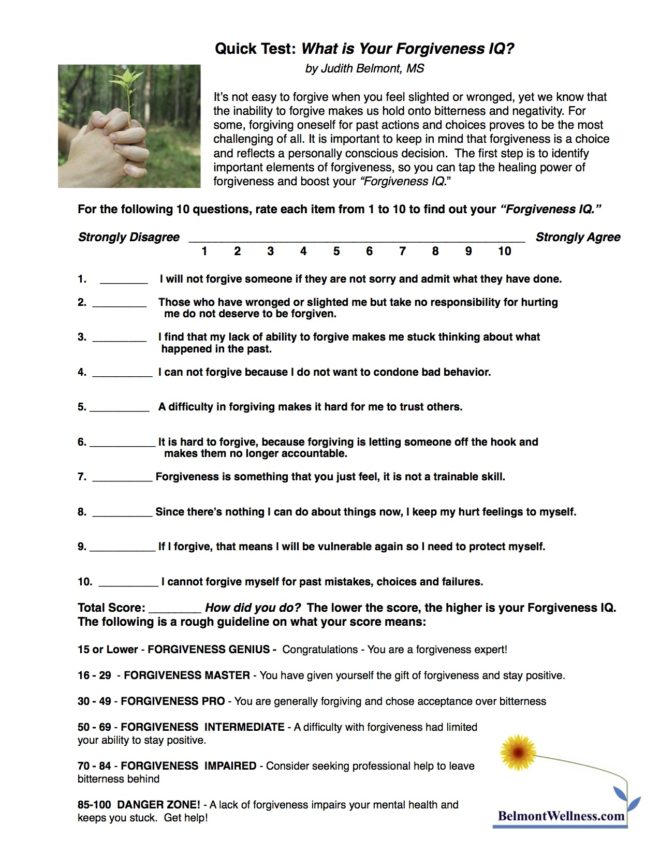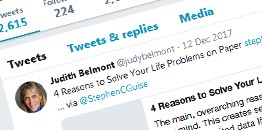

Help for forgiveness
NOTE: This is beautiful guest post from Healthline, a wonderful site that offers heathy solutions to life. Check it out!
Although most people prefer not to hurt anyone in any way, ever, the fact is that in the course of their lives, almost everyone somehow hurts others whether they mean to or not. It’s simply part of the human condition—and it means that we’ve all been hurt at one time or another.
Forgiving those hurts, big and small, can have a huge beneficial effect on our lives—but it’s not always easy. The key is realizing that forgiveness isn’t about the person who hurt you, or about making them apologize or change. To forgive another is to free yourself of hurtful thoughts and feelings.
Forgiveness is the decision to release feelings of resentment and bitterness toward the person who hurt you. It isn’t reconciliation, however. Forgiveness is not about them. It’s about you.
When you’re angry with someone and can’t forgive them, you’re carrying those hurtful and negative thoughts and feelings around with you everywhere you go. You might forget about them for a time, but something always happens that brings the hurt and anger bubbling up to the surface again. Those emotions trigger chemical and hormonal responses in the body that may, over time, turn into health issues.
We all know someone who’s nursed a grudge for years, someone whose whole outlook on life has turned sour and pessimistic. Perhaps if she’d forgiven the person who hurt her, she’d be a sunnier, happier, less closed-down person.
When you practice forgiveness, you rid yourself of those painful thoughts and feelings once and for all. Your spirit is free to move on.
Forgiveness means you accept your own life for what it is. Forgiveness means accepting others as they are, too. Some people get hung up on the old adage “forgive and forget.” They’re different, though. You can forgive being hurt, but there’s nothing wrong with remembering how it happened. Remembering events is how we learn and how we prepare ourselves for the future. The trick is to remember—and maintain forgiveness. You don’t have to absolve the person who hurt you. And in fact, you may not be able to. When we’re hurt, how we see and interact with someone changes. It’s only human.
The mind is a powerful thing. It can literally make us sick. When we nurse old grudges and rehash old hurts, dredging them up for another once-over and feeling the original anger and frustration yet again, our bodies can’t help but react. The result might be recurring headaches or a chronic sour stomach.
Not forgiving can also change the way we perceive the world at large. We may apply our reaction to old hurts to new circumstances—and in so doing, sabotage the outcome of new endeavors and even our own happiness now and into the future.
Forgiveness is healthy. Forgiveness is life-affirming. It may not be easy to do, but it can be learned. Cognitive therapy, where you learn to change your thoughts from negative to positive, is an excellent way to get started in learning to forgive.
Remember that in forgiving others, you’re really forgiving yourself. You’re lightening your load—your heart, your mind, and your spirit—and giving yourself room to breathe. You’ll be healthier, have better relationships, have less hostility, lower your blood pressure, and lower your risk of depression. You’ll have less anxiety and stress, and a much better feeling of spiritual and psychological well-being.
Leslie Vandever is a professional journalist and freelance writer with more than 25 years of experience. She lives in the foothills of Northern California.
References:
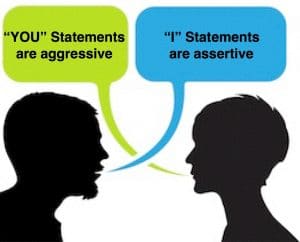
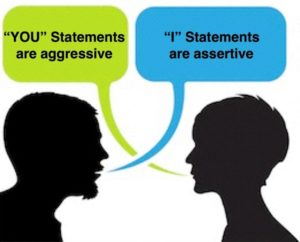 Original article on pro.psychcentral.com
Original article on pro.psychcentral.com

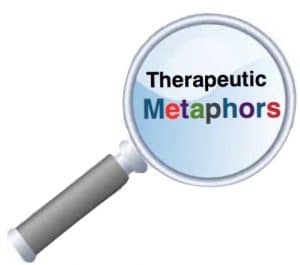
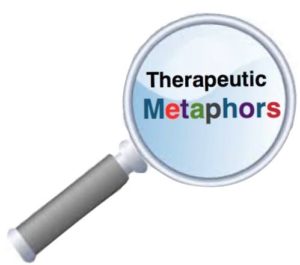 Original article on
Original article on 
 Original article on
Original article on 